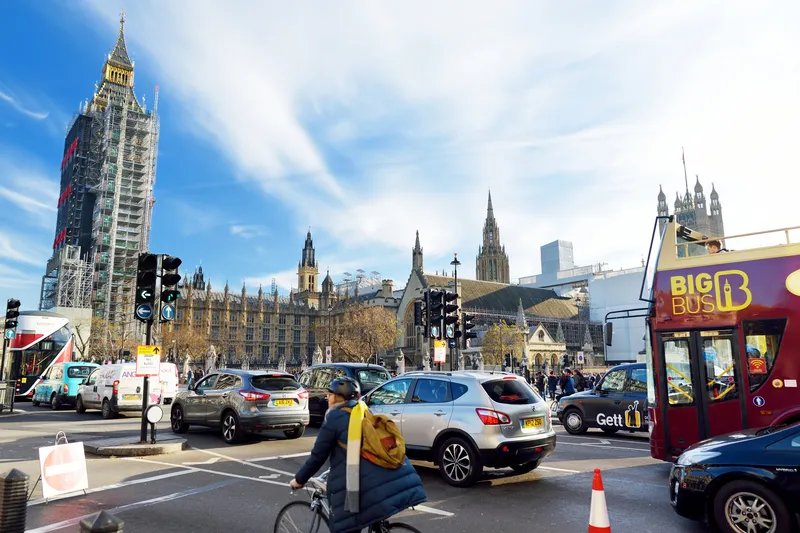International technology company Thales, as part of a French consortium including Alstom and Colas Rail, is to provide a complete telecommunications system for Line 3 of the Hanoi metro, the first of five lines planned for the Vietnamese capital.
Hanoi’s metro project plays a crucial role in relieving congestion and improving road safety for the city’s 7.5 million inhabitants. Under the urban transport master plan adopted by the city several years ago, five metro lines are due to be built by 2030.
Th
February 21, 2017
Read time: 2 mins
International technology company 596 Thales, as part of a French consortium including 8158 Alstom and Colas Rail, is to provide a complete telecommunications system for Line 3 of the Hanoi metro, the first of five lines planned for the Vietnamese capital.
Hanoi’s metro project plays a crucial role in relieving congestion and improving road safety for the city’s 7.5 million inhabitants. Under the urban transport master plan adopted by the city several years ago, five metro lines are due to be built by 2030.
The 12.5 km Line 3 will run from west to south of the city and will comprise 8.5 km elevated and 4 km and include 12 stations. It is scheduled to enter service at the end of 2021.
Under the contract, consortium leader Alstom will supply rolling stock, signalling systems, power systems and depot infrastructure in partnership with Colas Rail.
Thales will provide all the train to track communication systems, as well as a line command and control centre for traffic management, energy distribution, video surveillance, passenger information and telephone services.
Hanoi’s metro project plays a crucial role in relieving congestion and improving road safety for the city’s 7.5 million inhabitants. Under the urban transport master plan adopted by the city several years ago, five metro lines are due to be built by 2030.
The 12.5 km Line 3 will run from west to south of the city and will comprise 8.5 km elevated and 4 km and include 12 stations. It is scheduled to enter service at the end of 2021.
Under the contract, consortium leader Alstom will supply rolling stock, signalling systems, power systems and depot infrastructure in partnership with Colas Rail.
Thales will provide all the train to track communication systems, as well as a line command and control centre for traffic management, energy distribution, video surveillance, passenger information and telephone services.









